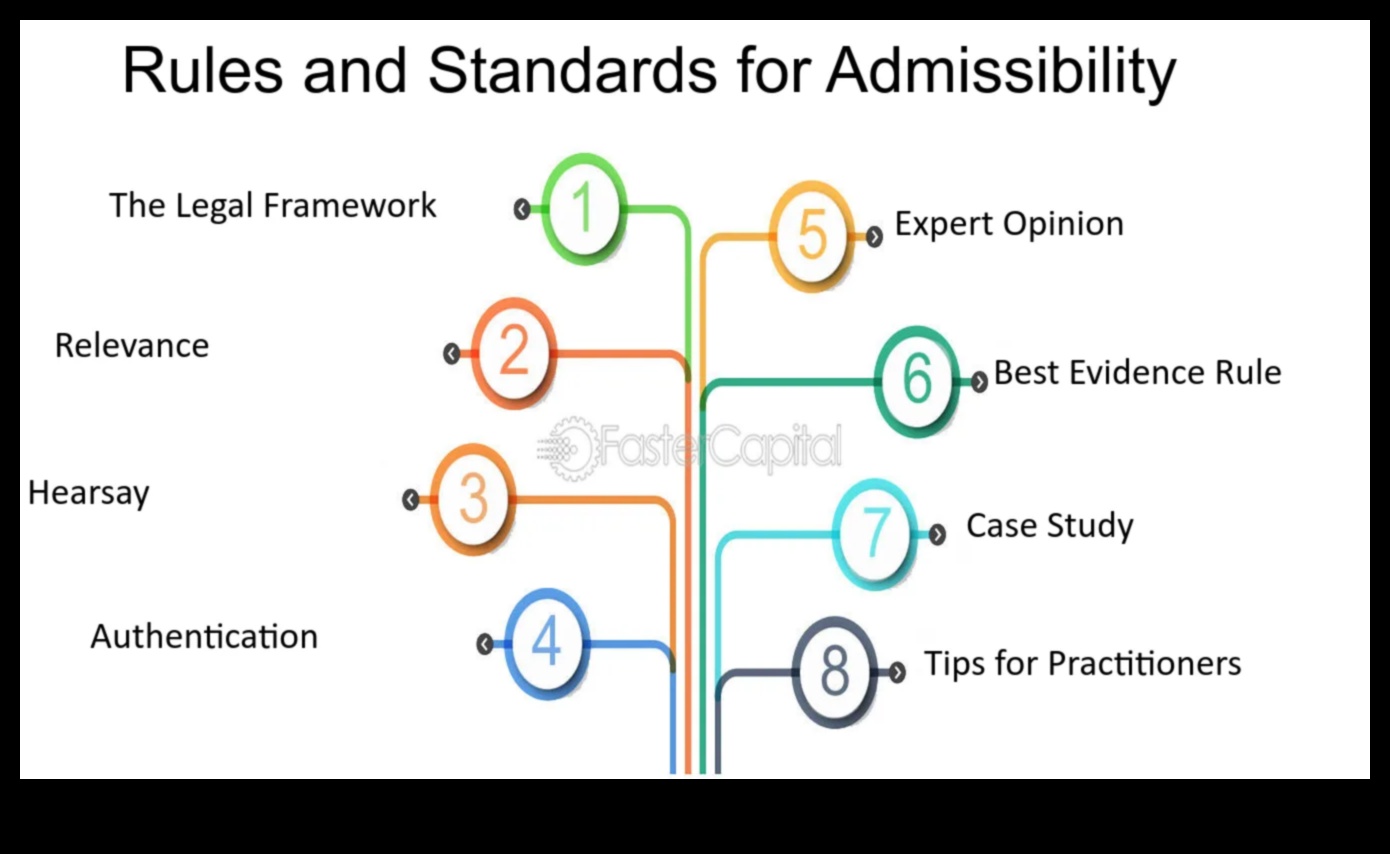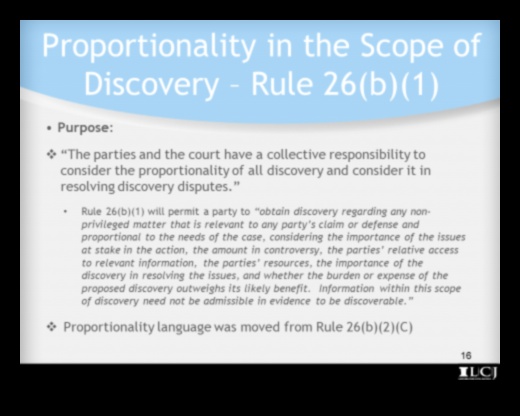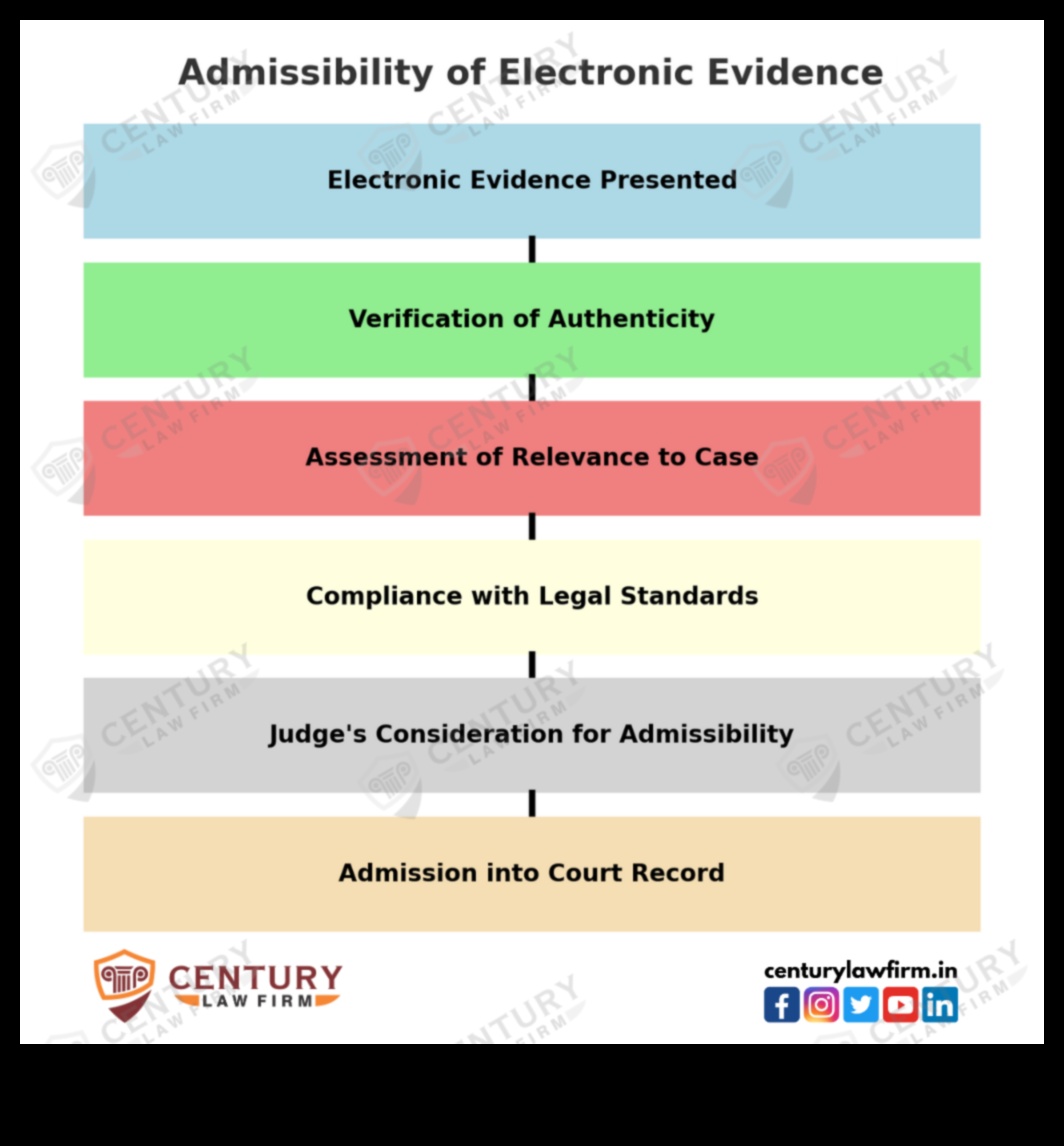
Admissible Meaning
Admissible is an adjective that means acceptable or permitted. In law, admissible evidence is evidence that is allowed to be presented in court. The admissibility of evidence is determined by the judge, who will consider factors such as relevance, materiality, and whether the evidence is more prejudicial than probative.

What is Admissible Meaning in Law?
In law, admissible evidence is evidence that is allowed to be presented in court. The admissibility of evidence is determined by the judge, who will consider factors such as relevance, materiality, and whether the evidence is more prejudicial than probative.
Relevance is the most important factor in determining the admissibility of evidence. Relevant evidence is evidence that tends to prove or disprove a fact in issue. Materiality is also important, as evidence that is not material to the case at hand will not be admitted. Finally, the judge will consider whether the evidence is more prejudicial than probative. Prejudicial evidence is evidence that is likely to inflame the jury or cause them to reach a decision based on emotion rather than on the facts of the case.
Admissible Meaning in the US Legal System
The admissibility of evidence in the US legal system is governed by the Federal Rules of Evidence. These rules set out the general principles that apply to the admissibility of evidence, as well as specific rules for certain types of evidence.
The Federal Rules of Evidence are based on the principle that all relevant evidence is admissible, unless it is outweighed by other factors, such as prejudice or the need to protect a witness’s privacy. However, there are a number of exceptions to this rule, such as the hearsay rule and the privilege against self-incrimination.
Admissible Meaning in the UK Legal System
The admissibility of evidence in the UK legal system is governed by the Criminal Justice Act 2003. This Act sets out the general principles that apply to the admissibility of evidence, as well as specific rules for certain types of evidence.
The Criminal Justice Act 2003 is based on the principle that all relevant evidence is admissible, unless it is outweighed by other factors, such as prejudice or the need to protect a witness’s privacy. However, there are a number of exceptions to this rule, such as the hearsay rule and the privilege against self-incrimination.
Admissible Meaning in the Canadian Legal System
The admissibility of evidence in the Canadian legal system is governed by the Criminal Code of Canada. This Act sets out the general principles that apply to the admissibility of evidence, as well as specific rules for certain types of evidence.
The Criminal Code of Canada is based on the principle that all relevant evidence is admissible, unless it is outweighed by other factors, such as prejudice or the need to protect a witness’s privacy. However, there are a number of exceptions to this rule, such as the hearsay rule and the privilege against self-incrimination.
Admissible Meaning in the Australian Legal System
The admissibility of evidence in the Australian legal system is governed by the Evidence Act 1995 (Cth). This Act sets out the general principles that apply to the admissibility of evidence, as well as specific rules for certain types of evidence.
The Evidence Act 1995 (Cth) is based on the principle that all relevant evidence is admissible, unless it is outweighed by other factors, such as prejudice or the need to protect a witness’s privacy. However, there are a number of exceptions to this rule, such as the hearsay rule and the privilege against self-incrimination.
Admissible Meaning in the Indian Legal System
The admissibility of evidence in the Indian legal system is governed by the Indian Evidence Act, 1872. This Act sets out the general principles that apply to the admissibility of evidence, as well as specific rules for certain types of evidence.
The Indian Evidence Act, 1872 is based on the principle that all relevant evidence is admissible, unless it is outweighed by other factors, such as prejudice or the need to protect a witness’s privacy. However, there are a number of exceptions to this rule, such as the hearsay rule and the privilege against self-incrimination.
Admissible Meaning in the Chinese Legal System
The admissibility of evidence in the Chinese legal system is governed by
| Topic | Answer |
|---|---|
| Admissible Meaning | Acceptable to be used as evidence in a court of law. |
| What is Admissible Meaning in Law? | Evidence that is relevant and material to the case at hand and is not otherwise barred from admission by law is admissible. |
| Admissible Meaning in the US Legal System | The Federal Rules of Evidence govern the admissibility of evidence in federal courts in the United States. |
| Admissible Meaning in the UK Legal System | The law of evidence in the United Kingdom is governed by the Civil Evidence Act 1995 and the Criminal Justice Act 2003. |
| Admissible Meaning in the Canadian Legal System | The law of evidence in Canada is governed by the Criminal Code of Canada and the Canada Evidence Act. |
Admissible Meaning
Admissible is an adjective that means acceptable or permitted. In the context of law, admissible evidence is evidence that is legally allowed to be presented in a trial.
There are a number of factors that determine whether evidence is admissible, including whether it is relevant to the case at hand, whether it is reliable, and whether it is more prejudicial than probative.
If evidence is not admissible, it cannot be used by the prosecution or the defense to prove their case. This means that the jury will not be allowed to consider it when they reach their verdict.
Admissibility is an important concept in the law because it helps to ensure that only fair and reliable evidence is presented in court. This helps to protect the rights of the accused and ensures that the jury is able to reach a fair verdict.

Admissible Meaning
Admissible is an adjective that means “capable of being allowed or accepted”. In legal terms, admissible evidence is evidence that is legally allowed to be presented in a court of law.
The admissibility of evidence is determined by the rules of evidence, which are a set of legal principles that govern the admission of evidence in court. The rules of evidence are designed to ensure that only relevant and reliable evidence is presented to the jury, so that they can make a fair and informed decision.
There are a number of factors that can affect the admissibility of evidence, including:
- The relevance of the evidence to the case
- The reliability of the evidence
- The prejudice that the evidence may cause to the defendant
- The availability of other, more reliable evidence
If the evidence is deemed to be admissible, it will be presented to the jury and they will be able to consider it when making their decision.
The admissibility of evidence is an important part of the legal process, as it helps to ensure that only fair and reliable evidence is presented to the jury.

Admissible Meaning
Admissible means that something is acceptable or permitted. In law, admissible evidence is evidence that is legally acceptable and can be used to prove or disprove a fact in a trial.
The admissibility of evidence is determined by the judge, who will consider factors such as relevance, materiality, and whether the evidence is more prejudicial than probative.
Evidence that is not admissible may be excluded from the trial, which can have a significant impact on the outcome of the case.
For example, in a criminal case, the prosecution may not be able to introduce evidence of the defendant’s prior convictions if the judge determines that the evidence is more prejudicial than probative.
In a civil case, the plaintiff may not be able to introduce evidence of the defendant’s bad character if the judge determines that the evidence is not relevant or material to the case.
V. Admissible Meaning in the Canadian Legal System
In the Canadian legal system, admissible evidence is evidence that is relevant and has been properly obtained. Relevant evidence is evidence that tends to prove or disprove a fact in issue. Properly obtained evidence is evidence that has been obtained in accordance with the rules of evidence.
The rules of evidence in Canada are designed to ensure that only relevant and reliable evidence is admitted at trial. This is important to ensure that the accused has a fair trial and that the verdict is based on the evidence that is most probative of the facts in issue.
There are a number of different types of evidence that can be admissible in a Canadian court, including:
- Testimonial evidence
- Documentary evidence
- Real evidence
- Circumstantial evidence
The admissibility of evidence is determined by the judge, who will consider the relevance, reliability, and weight of the evidence before making a decision.
If the judge finds that the evidence is admissible, it will be presented to the jury for them to consider when they reach their verdict.
I. Admissible Meaning
Admissible means that something is acceptable or permitted. In law, admissible evidence is evidence that is allowed to be presented in court.
VII. Admissible Meaning in the Indian Legal System
In the Indian legal system, admissible evidence is evidence that is relevant, material, and competent. Relevant evidence is evidence that is logically connected to the facts in issue. Material evidence is evidence that is necessary to prove or disprove a fact in issue. Competent evidence is evidence that is not excluded by any rule of law.
Admissible evidence can be either oral or documentary. Oral evidence is evidence that is given by a witness in court. Documentary evidence is evidence that is presented in court in the form of a document.
The admissibility of evidence is determined by the judge. The judge will consider the relevance, materiality, and competence of the evidence before deciding whether to admit it into evidence.
If the evidence is admissible, it can be used by the parties to prove or disprove their case. If the evidence is inadmissible, it cannot be used in court.
The admissibility of evidence is an important part of the Indian legal system. It ensures that only relevant, material, and competent evidence is presented in court. This helps to ensure that the trial is fair and that the verdict is based on the evidence that is presented.
Here are some examples of admissible evidence in the Indian legal system:
* A witness’s testimony about what they saw or heard.
* A document that was created at the time of the events in question.
* A photograph of the scene of the crime.
Here are some examples of inadmissible evidence in the Indian legal system:
* Hearsay evidence.
* Evidence that is obtained illegally.
* Evidence that is irrelevant or immaterial.
The admissibility of evidence is a complex topic. If you have any questions about the admissibility of evidence in the Indian legal system, you should speak to an attorney.
Admissible Meaning in the Chinese Legal System
In the Chinese legal system, admissible evidence is evidence that is relevant, material, and reliable. Relevant evidence is evidence that has a bearing on the issue at trial. Material evidence is evidence that is important to the case. Reliable evidence is evidence that is trustworthy and can be relied upon to prove or disprove a fact.
To be admissible, evidence must also be presented in a proper manner. This means that the evidence must be presented in a way that is clear and understandable to the judge or jury. The evidence must also be presented in a way that is fair to both sides of the case.
If evidence is not admissible, it cannot be used to prove or disprove a fact at trial. This means that the judge or jury will not be able to consider the evidence when making their decision.
The Chinese legal system has a number of rules that govern the admissibility of evidence. These rules are designed to ensure that only relevant, material, and reliable evidence is presented at trial. The rules also ensure that the evidence is presented in a fair and impartial manner.
The admissibility of evidence is a complex and technical area of law. If you have any questions about the admissibility of evidence in a Chinese legal case, you should speak to an experienced lawyer.
What is the meaning of admissible?
Admissible is an adjective that means acceptable or permitted. In law, it refers to evidence that is allowed to be presented in court.
What are the criteria for admissibility of evidence?
The criteria for admissibility of evidence vary depending on the jurisdiction, but generally include relevance, materiality, and authenticity.
What is the difference between admissible and relevant evidence?
Relevant evidence is evidence that is logically connected to the issue at trial. Admissible evidence is evidence that is both relevant and meets the other criteria for admissibility.
What is the difference between admissible and material evidence?
Material evidence is evidence that is important to the outcome of the case. Admissible evidence is evidence that is both material and meets the other criteria for admissibility.
What is the difference between admissible and authentic evidence?
Authentic evidence is evidence that can be verified as being genuine. Admissible evidence is evidence that is both authentic and meets the other criteria for admissibility.
What are the consequences of presenting inadmissible evidence in court?
The consequences of presenting inadmissible evidence in court can vary depending on the jurisdiction, but generally include the evidence being excluded from the trial, a mistrial being declared, or a conviction being overturned.
Admissible Meaning
What is Admissible Meaning in Law?
Admissible evidence is evidence that is legally acceptable and relevant to the case at hand.
Admissible Meaning in the US Legal System
In the US legal system, admissible evidence is evidence that is relevant to the case at hand and is not unduly prejudicial to the defendant.
Admissible Meaning in the UK Legal System
In the UK legal system, admissible evidence is evidence that is relevant to the case at hand and is not unfairly prejudicial to the defendant.
Admissible Meaning in the Canadian Legal System
In the Canadian legal system, admissible evidence is evidence that is relevant to the case at hand and is not unduly prejudicial to the defendant.
Admissible Meaning in the Australian Legal System
In the Australian legal system, admissible evidence is evidence that is relevant to the case at hand and is not unfairly prejudicial to the defendant.
In the Indian legal system, admissible evidence is evidence that is relevant to the case at hand and is not unduly prejudicial to the defendant.
In the Chinese legal system, admissible evidence is evidence that is relevant to the case at hand and is not unduly prejudicial to the defendant.
In the Japanese legal system, admissible evidence is evidence that is relevant to the case at hand and is not unduly prejudicial to the defendant.
Q: What are some examples of admissible evidence?
A: Some examples of admissible evidence include:
- Testimony from witnesses
- Documents
- Photographs
- Video recordings
Q: What are some examples of inadmissible evidence?
A: Some examples of inadmissible evidence include:
- Hearsay
- Opinion evidence
- Privileged communications
- Exclusionary rules
Q: What are the consequences of presenting inadmissible evidence in court?
The consequences of presenting inadmissible evidence in court can vary depending on the jurisdiction. In some jurisdictions, the evidence may be excluded from the trial altogether. In other jurisdictions, the evidence may be admitted but may not be given as much weight as admissible evidence.